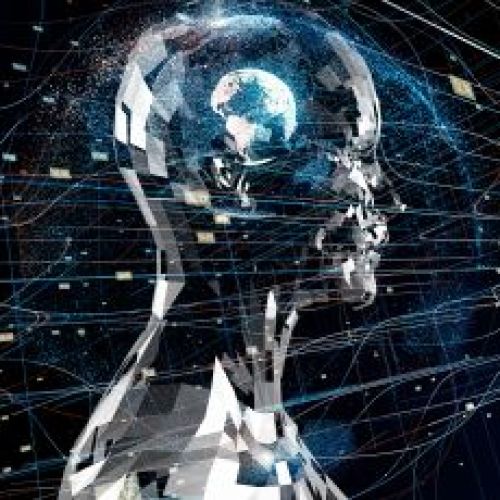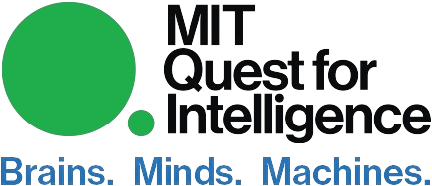Past Events
-
Quest | CBMM Seminar Series - Prof. Noah Goodman
Date: Tues., October 1st, 4PMLocation: Singleton Auditorium"Learning to Reason": Noah Goodman is a Professor of Psychology and Computer Science at Stanford University. His research surrounds computational models of cognition, cognitive development and social cognition, and probabilistic programming languages. -

Research Meeting - Prof. Lorenzo Rosasco
Date: Tues., September 17, 4pm-5pmLocation: 45-792Lorenzo Rosasco is an associate professor at the University of Genoa. His research is focused on theory and algorithms for machine learning. -

Quest | CBMM Seminar Series - Michael Littman
Date: Tues., Sept. 10, 4p.m.Location: Singleton Auditorium, 46-3002"Conveying Tasks to Computers: How Machine Learning Can Help" Michael L. Littman, Ph.D. is a Professor of Computer Science at Brown University and Division Director of Infomation and Intelligent Systems at the National Science Foundation. -

Mission Update - The Development of Intelligent Minds
Date: May 14, 2024 | 4pm ESTLocation: Quest Conference Room, 45-792This research mission broadly aims to understand how children grasp new concepts from few examples, how children build upon layers of concepts to reach an understanding of the world and have the flexibility to solve an unbounded range of problems. Can we build AI that starts like a baby and learns like a child? -

Quest | CBMM Seminar Series - Bruno Olshausen
Date: May 7, 2024 | 4pm ESTLocation: Singleton Auditorium, Building 46The goal of building machines that can perceive and act in the world as humans and other animals do has been a focus of AI research efforts for over half a century. Over this same period, neuroscience has sought to achieve a mechanistic understanding of the brain processes underlying perception and action. It stands to reason that these parallel efforts could inform one another. However recent advances in deep learning and transformers have, for the most part, not translated into new neuroscientific insights; and other than deriving loose inspiration from neuroscience, AI has mostly pursued its own course which now deviates strongly from the brain. -

Mission Update - Embodied Intelligence
Date: April 9, 2024 | 4pm ESTLocation: SCC Conference Room, 45-792The presentation will begin with short introductions to the question from the artificial and natural intelligence perspectives. Then it will dig a bit into three research results: a Bayesian approach to 3D perception, a method for efficient planning under the resulting uncertainty over world models, and a study of the role of spatial cognition in human behavior in a VR object-search task. The presentation will conclude with a discussion. -

Quest | CBMM Seminar Series - Melanie Mitchell
Date: April 2, 2024 | 4pm ESTLocation: Singleton Auditorium, Building 46Mitchell will survey a current, heated debate in the AI research community on whether large pre-trained language models "understand" language—and the physical and social situations language encodes—in any important sense. She will describe arguments for and against such understanding and, more generally, will discuss methods to evaluate understanding and intelligence in AI systems. -

Quest | CBMM Seminar Series - Giorgio Metta
Date: March 26, 2024 | 4pm ESTLocation: Singleton Auditorium, Building 46The iCub is a humanoid robot designed to support research in embodied AI. At 104 cm tall, the iCub is the size of a five-year-old child, and can crawl on all fours, walk, and sit up. Its hands support sophisticated manipulation skills. The iCub is distributed as Open Source following the GPL licenses. More than 50 robots have been built so far which are available in laboratories across Europe, US, Korea, Singapore, and Japan.
